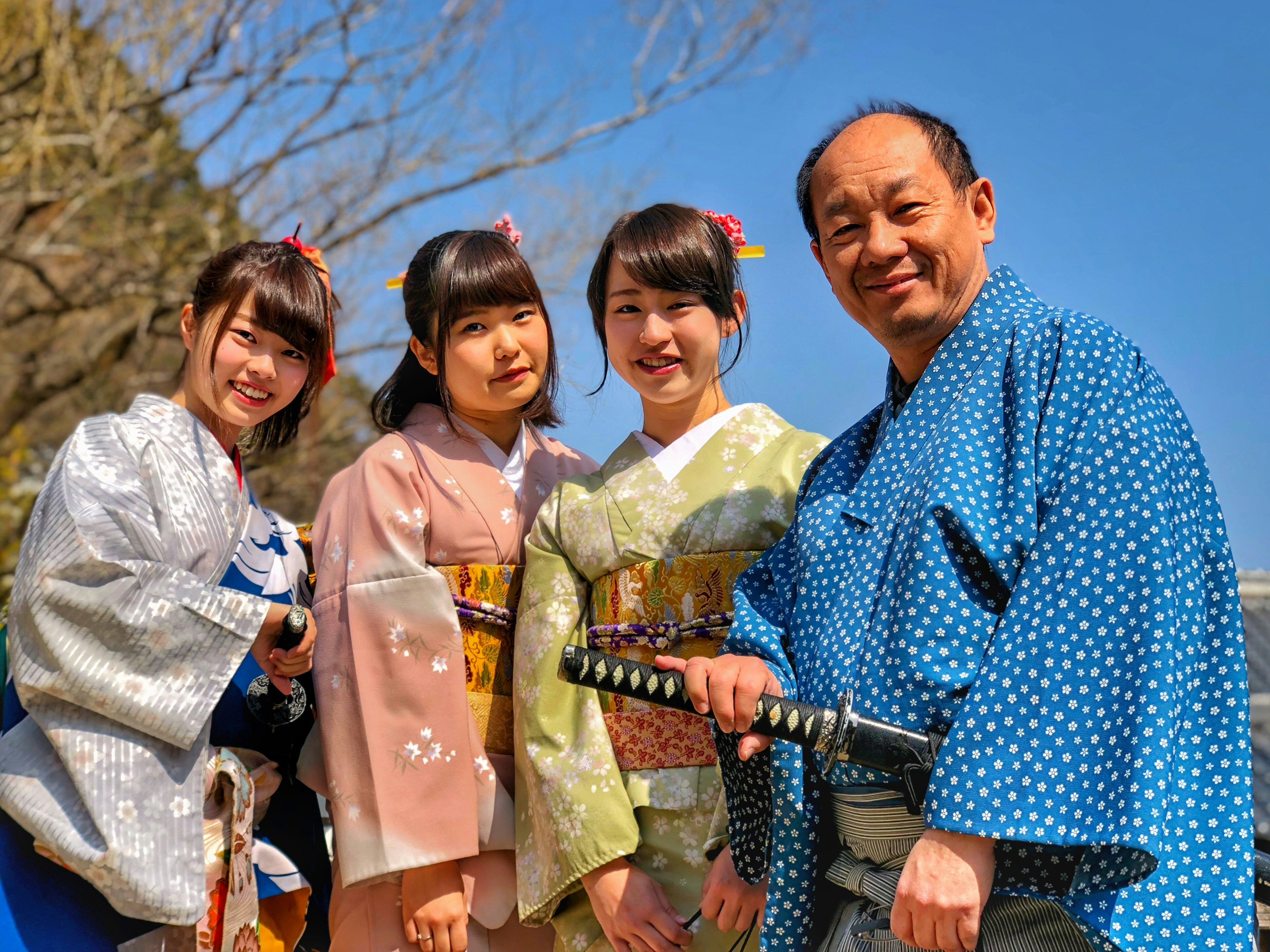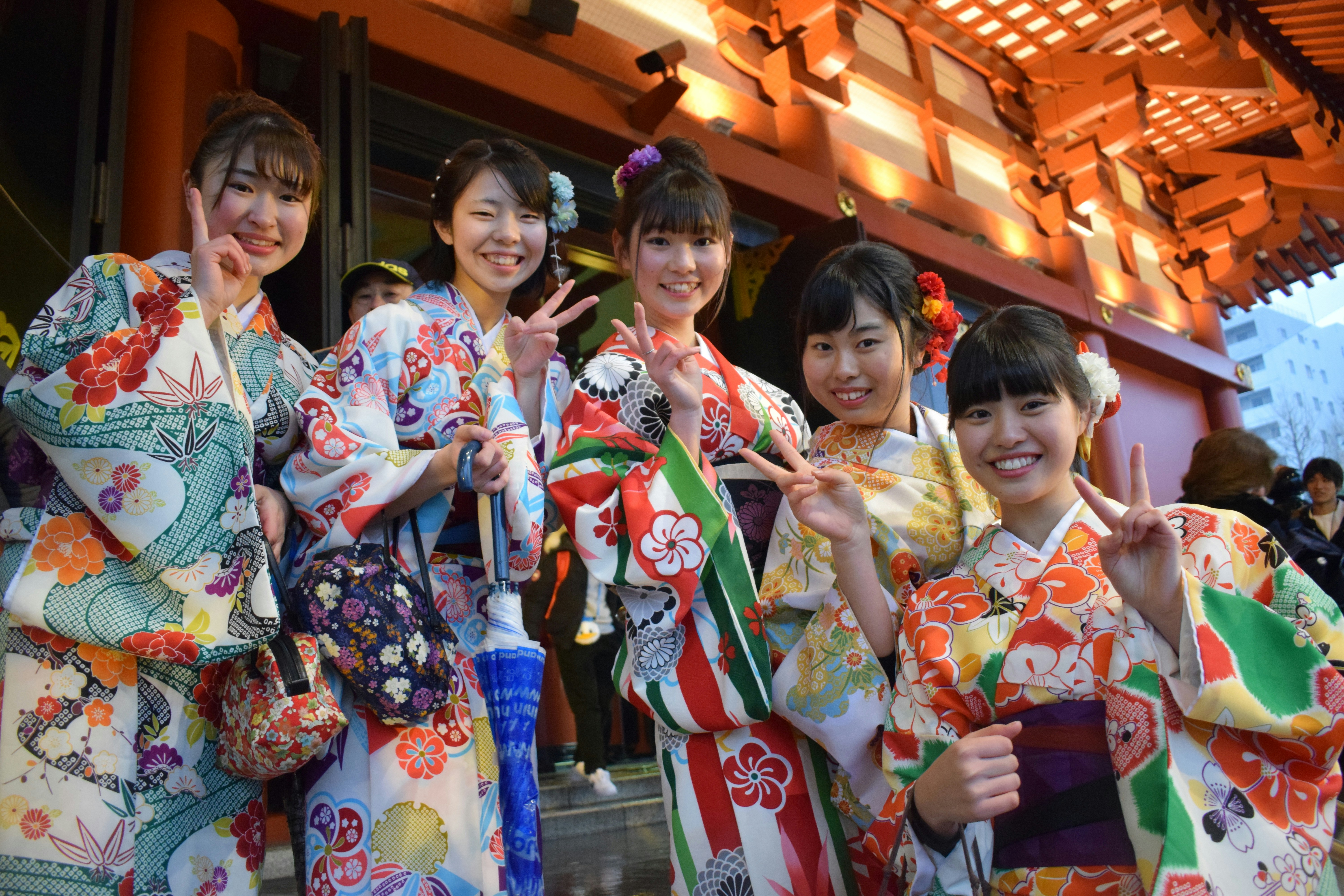Kapanlagi.com - The popularity of anime, manga, and Japanese films has increased the interest of enthusiasts in learning the language. Moreover, Japan is also known as a country with unique culture and traditions. When learning Japanese, knowing the words for thank you and how to respond is important to pay attention to. It is important to know how to respond to the expression of thank you or arigatou in the Japanese language.
In everyday conversations in the Japanese language, the word "thank you" or "arigatou" is certainly one of the most commonly encountered. Therefore, it is important to understand how to respond to the expression of thank you or arigatou in the Japanese language. This is because responding politely to the expression of thank you is an important part of the language and traditions of Japan.
In the Japanese language, it turns out there are several variations of how to respond to the expression of thank you or "arigatou" that are equivalent to 'you're welcome' or 'thank you back'. Curious about how to say 'you're welcome' in the Japanese language to respond to the expression of "arigatou"? To find out, just follow the following review:
1. Using the Phrase

Using Expressions
One common way to respond to a thank you in Japanese is by saying 'Douitashimashite'. This phrase can be interpreted as 'you're welcome', 'no problem', or 'thank you back'.
In terms of usage, the phrase 'Doitashimashite' shows politeness and appreciation for the thank you. It is the most common and formal response to a thank you, making it suitable to be used towards parents, superiors, or people you have just met.
For example:
A: Arigatou gozaimasu! (Thank you very much!)
B: Douitashimashite. (You're welcome/thank you back.)
2. Using Expressions

Using Expressions
The expression in Japanese for 'you're welcome' is "Iie, dou itashimashite". In Japanese, this expression is commonly used as a response to 'thank you' (arigatou).
Literal translation of this expression in Indonesian is 'No, you're welcome' or 'No problem'. The expression 'Iie, dou itashimashite' is a polite way to say 'you're welcome' or 'no need to thank' after receiving a 'thank you' from someone.
On the other hand, this expression also shows friendliness and appreciation for the respect given to us.
For example:
A: Arigatou gozaimasu! (Thank you very much!)
B: Iie, dou itashimashite. (Thank you too/you're welcome.)
3. Using Expressions

Using Expressions
The third expression in Japanese is "Kochira koso". This expression also implies "thank you" or "you're welcome" with a deeper sense of gratitude. The expression "kochira koso" can be used as a formal response to a thank you.
In terms of politeness level, "kochira koso" is considered moderate, meaning it is not as polite as "Doumashimasite" or "Dou itamashimashite". Therefore, the expression "kochira koso" is more familiar and suitable when addressing friends, companions, or colleagues of the same age and rank.
For example:
A: Arigatou gozaimasu! (Thank you very much!)
B: Kochira koso. (Thank you too/You're welcome.)
4. Variations of Arigatou or Thank You in Japanese

Variations of Arigatou or Thank You in Japanese (credit: unsplash)
In addition to how to respond to arigatou, in the Japanese language, there are also variations in saying thank you. To complete knowledge about the Japanese language 'sama-sama' or 'thank you back', here are variations of \"thank you\" (arigatou) in the Japanese language:
1. Arigatou gozaimasu: A more formal form of \"arigatou\", used in formal or official situations.
2.Arigatou gozaimashita: A more formal past form of \"arigatou gozaimasu\", used to express gratitude for something that has been done in the past.
3.Domo arigatou: A more relaxed and familiar form of \"arigatou\", often used in everyday contexts.
4.Arigatou ne: A more relaxed form, often used to express thanks in informal conversations.
5.Sankyuu: An abbreviated version of \"thank you\" in the English language that is popular in the Japanese language.
6.Ookini: An expression of thanks in the Kansai dialect, a region in Japan that includes Osaka, Kyoto, and surrounding areas.
7. Doumo: A very casual form of "arigatou", often used among friends or people who are already very familiar. That's a brief review related to the Japanese term 'sama-sama' or 'thank you back' that can be used to respond to the expression arigatou. Hopefully it is useful and can increase knowledge, especially for those of you who are learning Japanese.
(kpl/psp)
Disclaimer: This translation from Bahasa Indonesia to English has been generated by Artificial Intelligence.
















